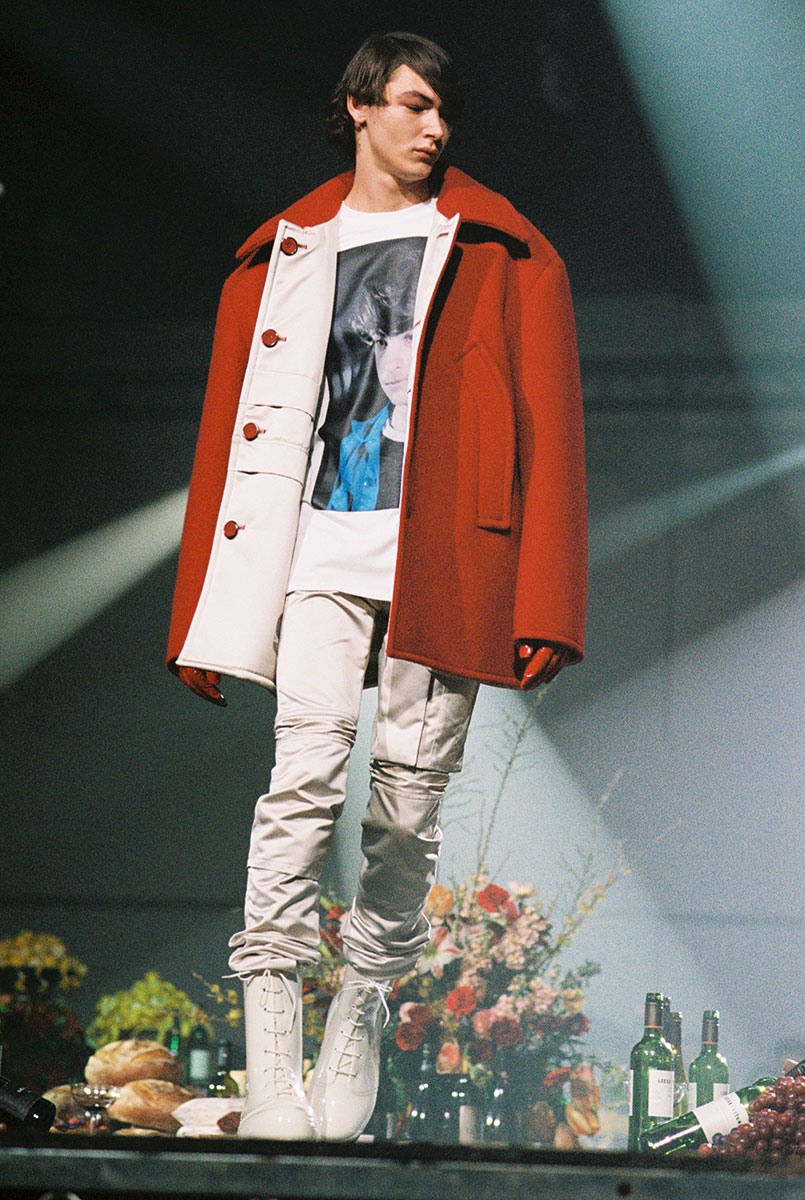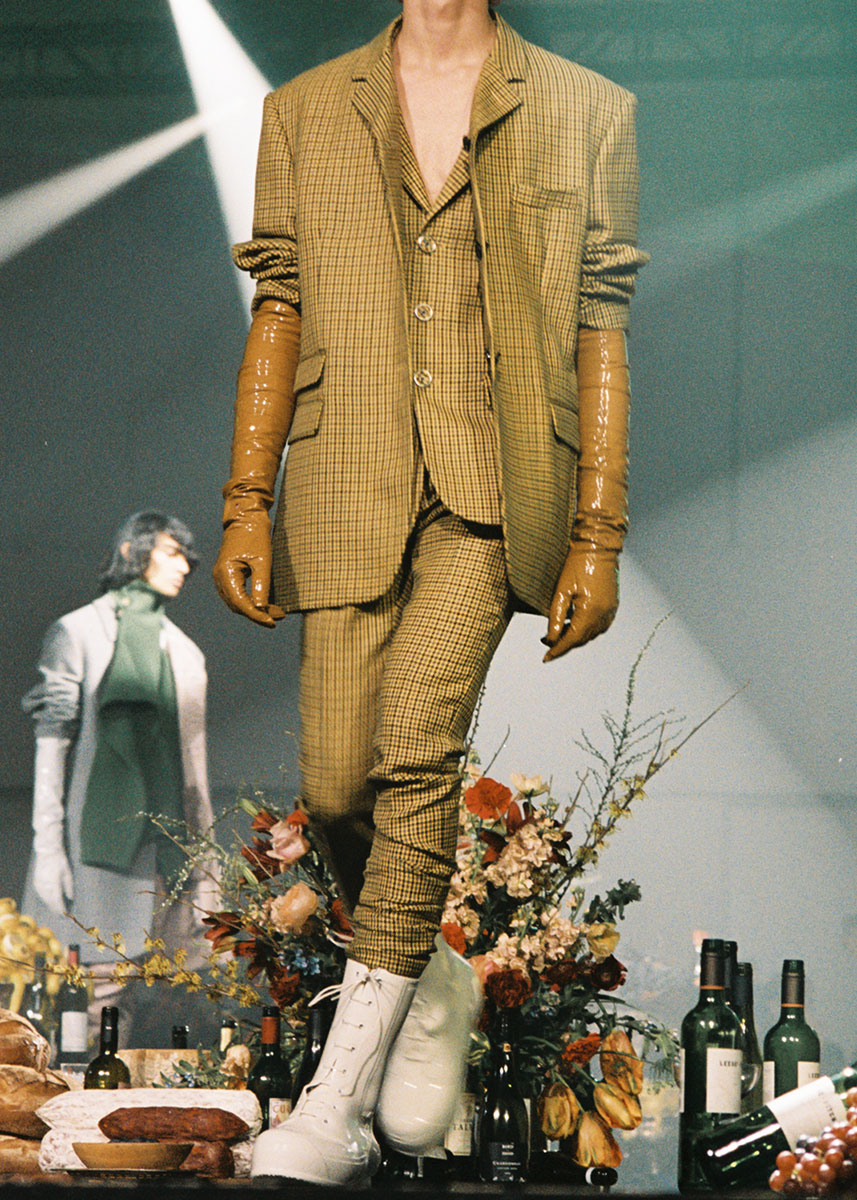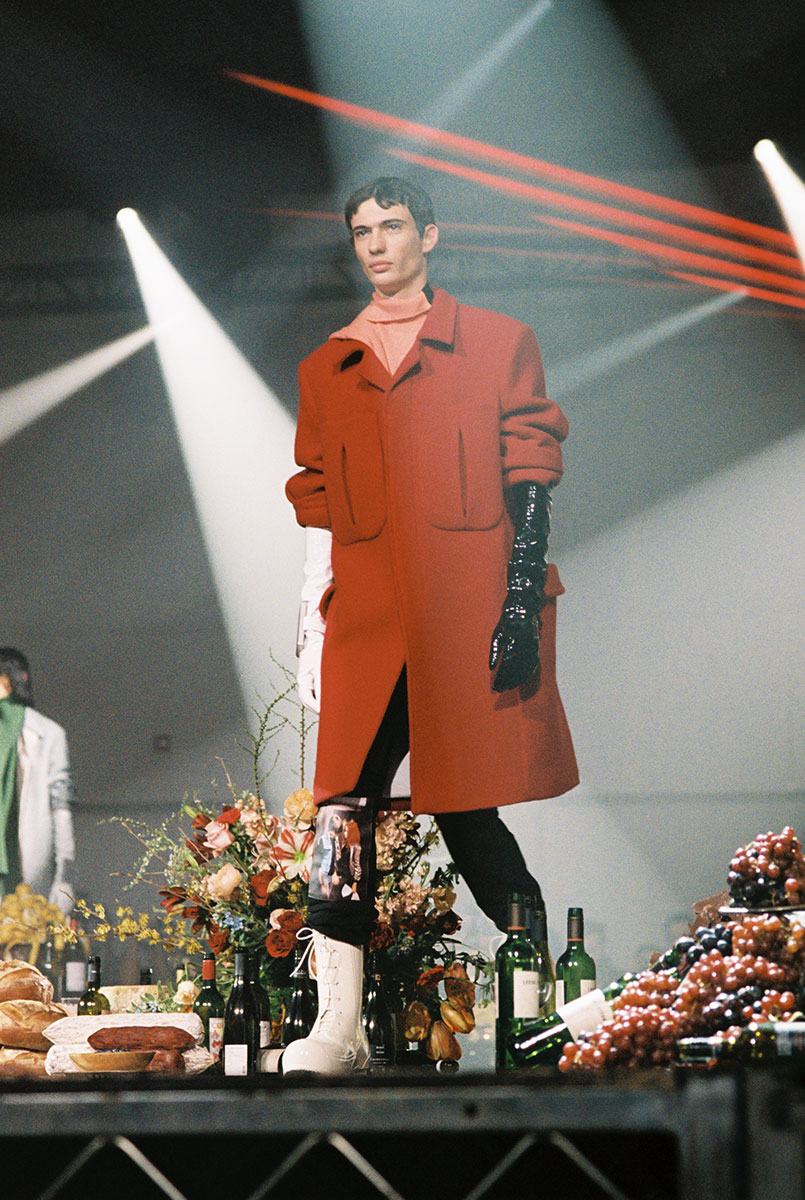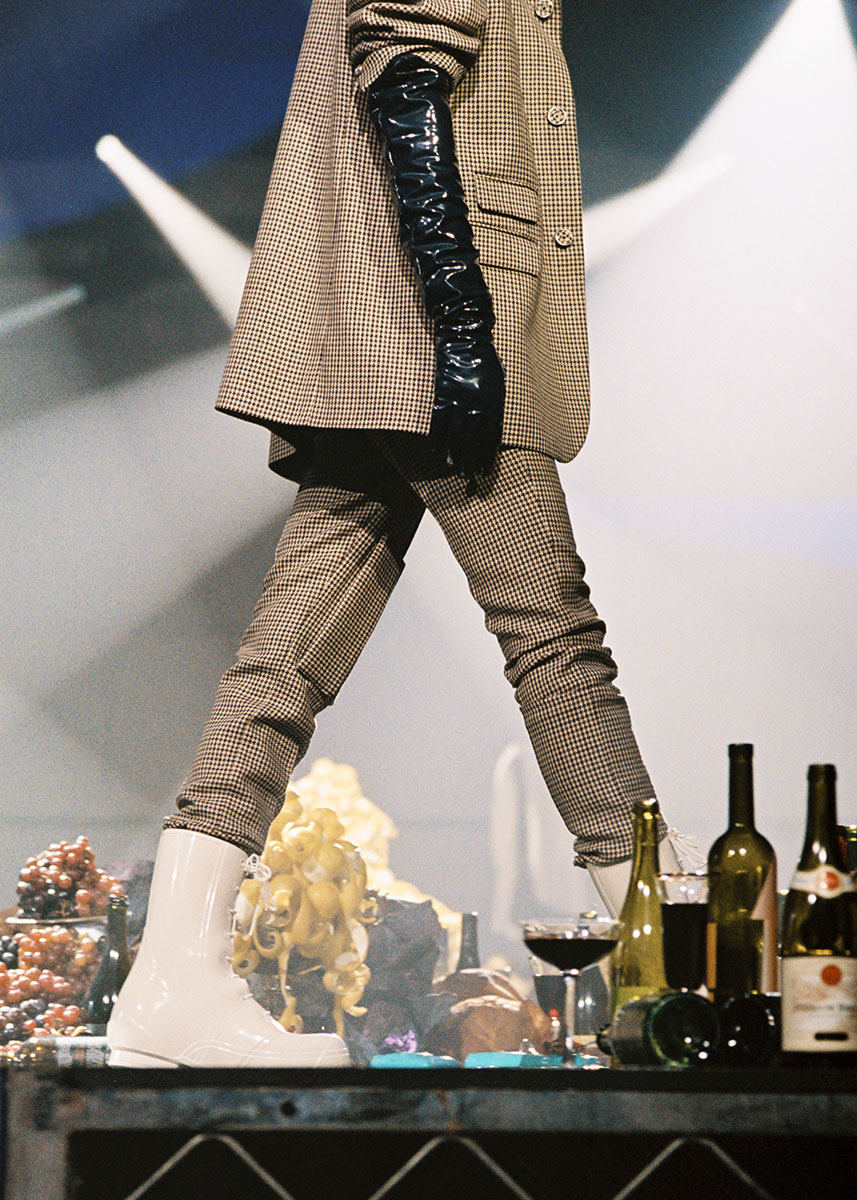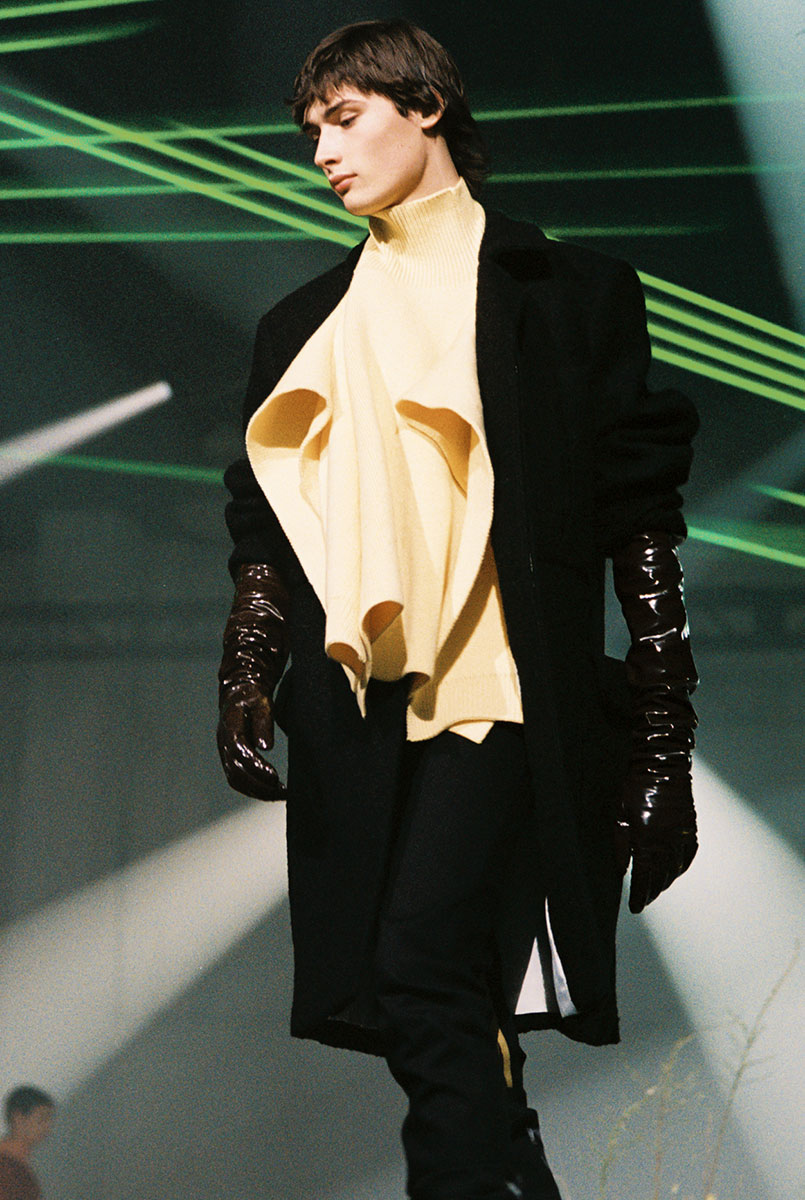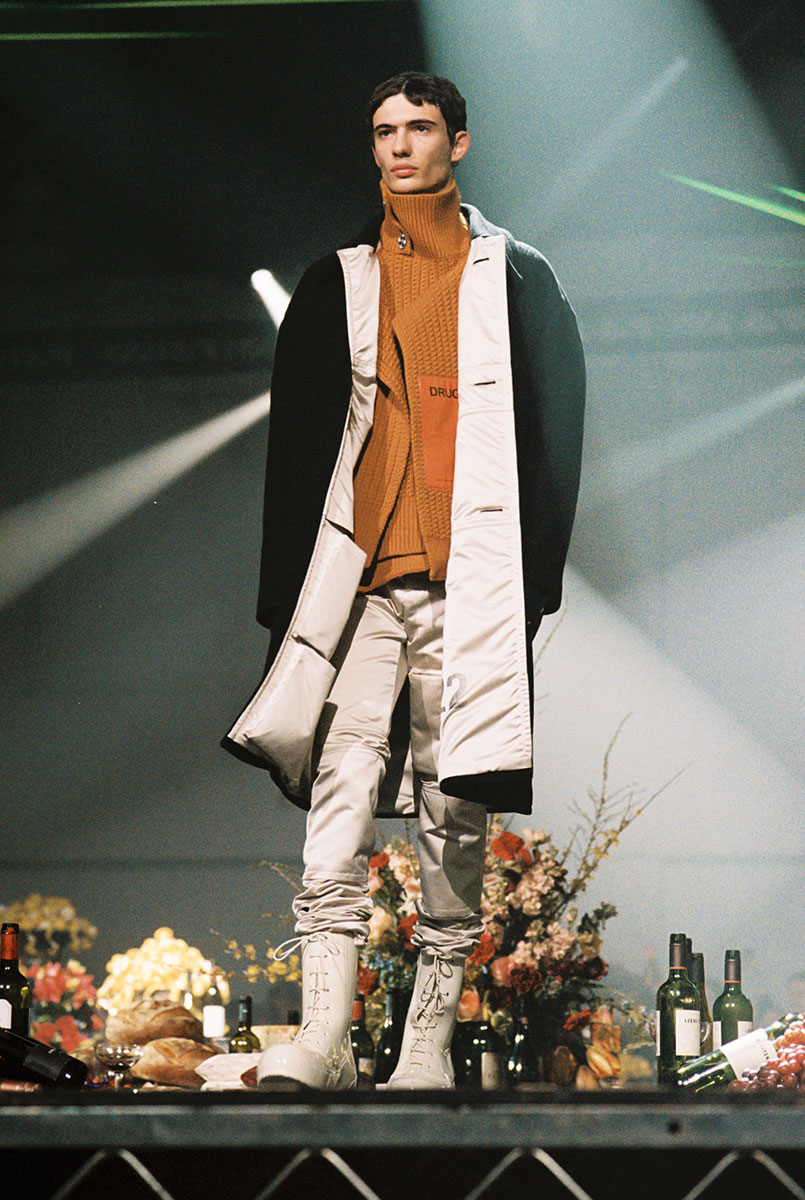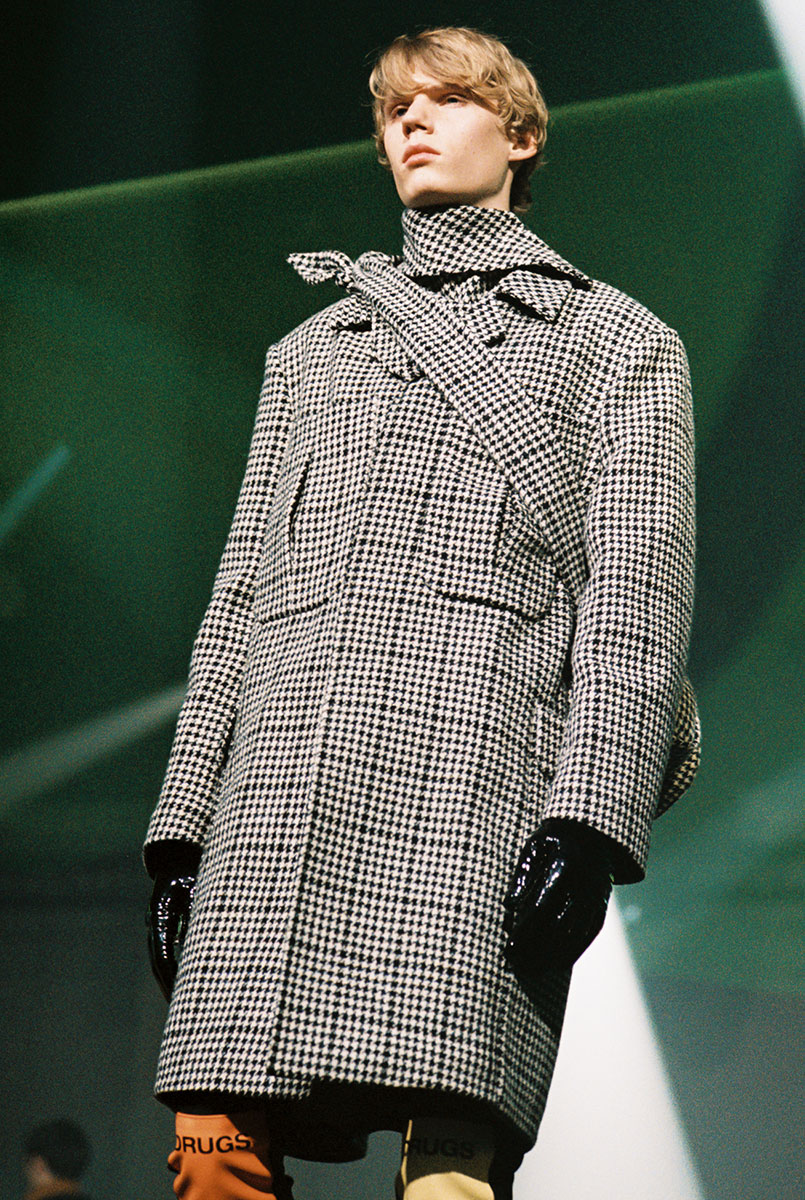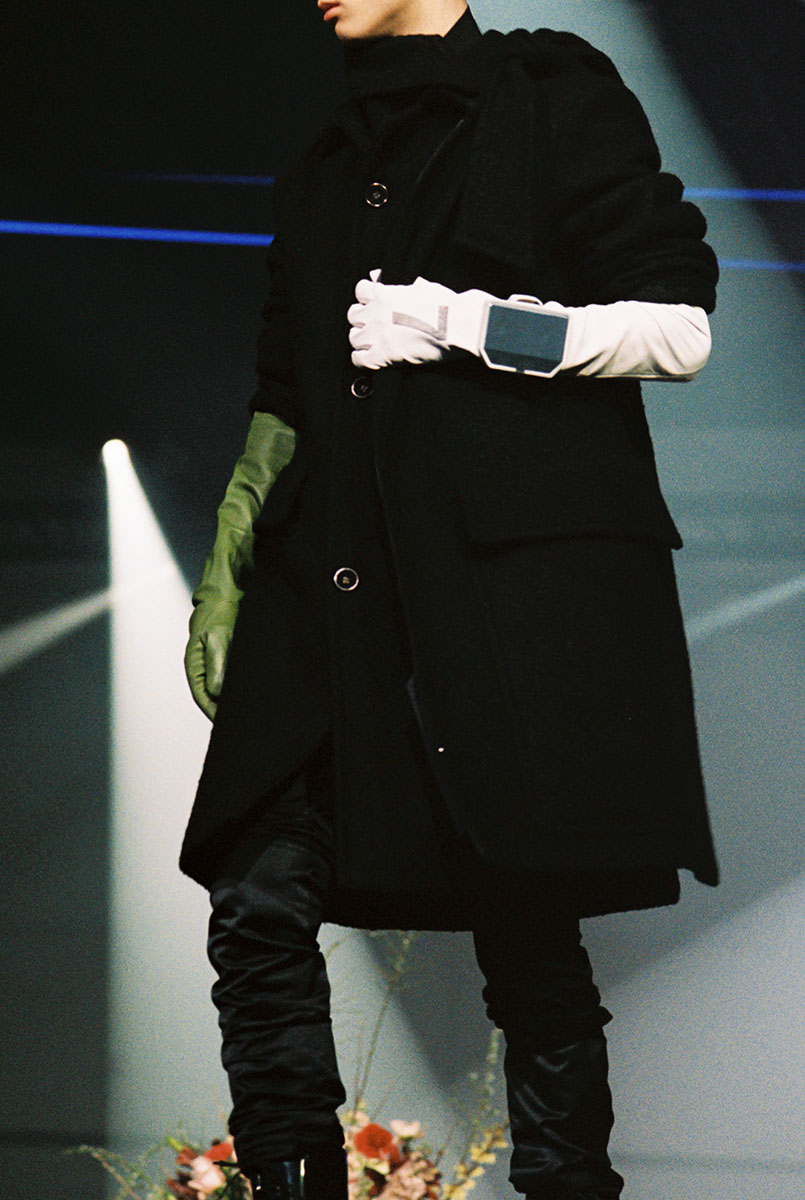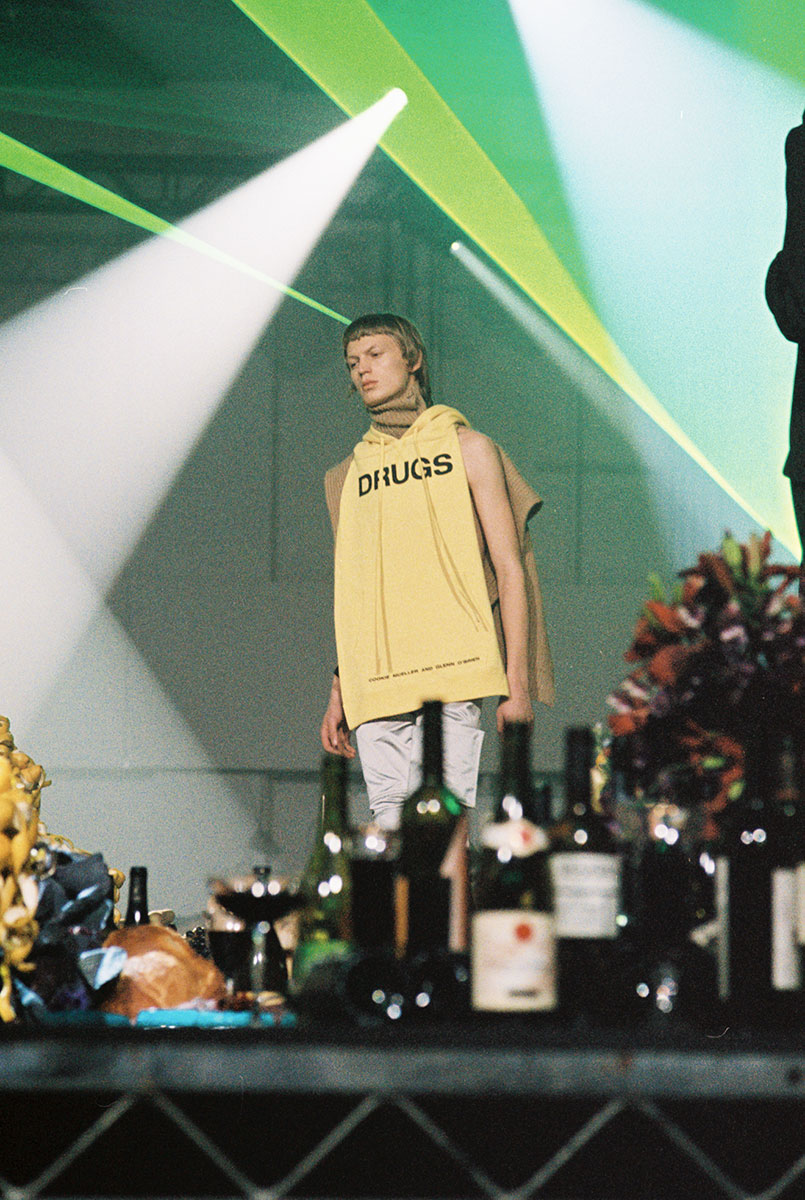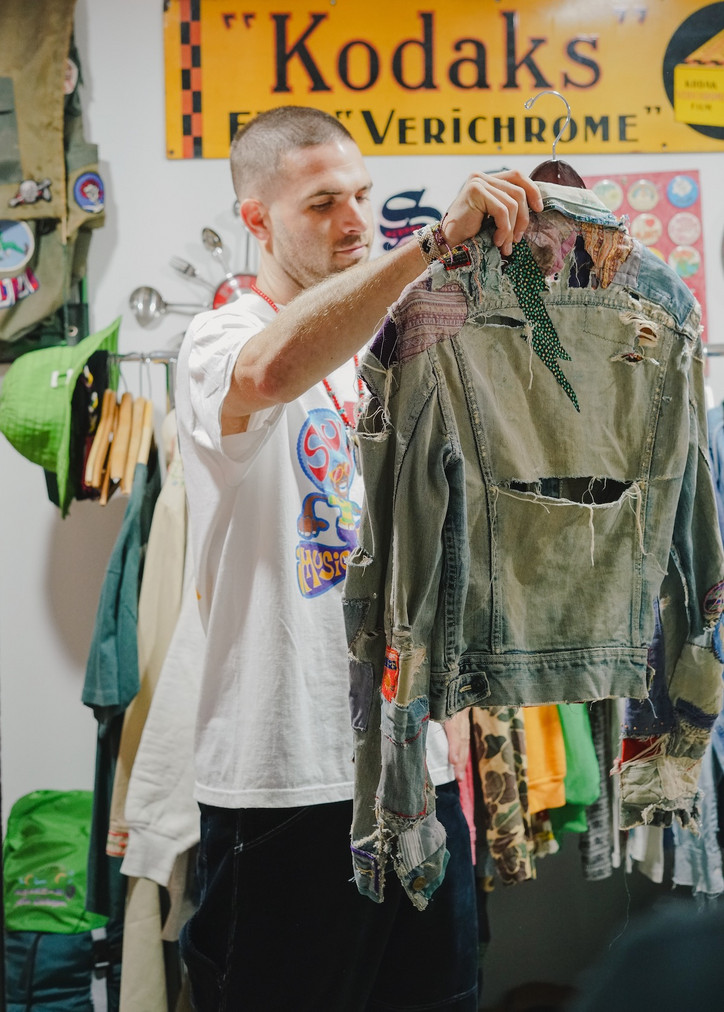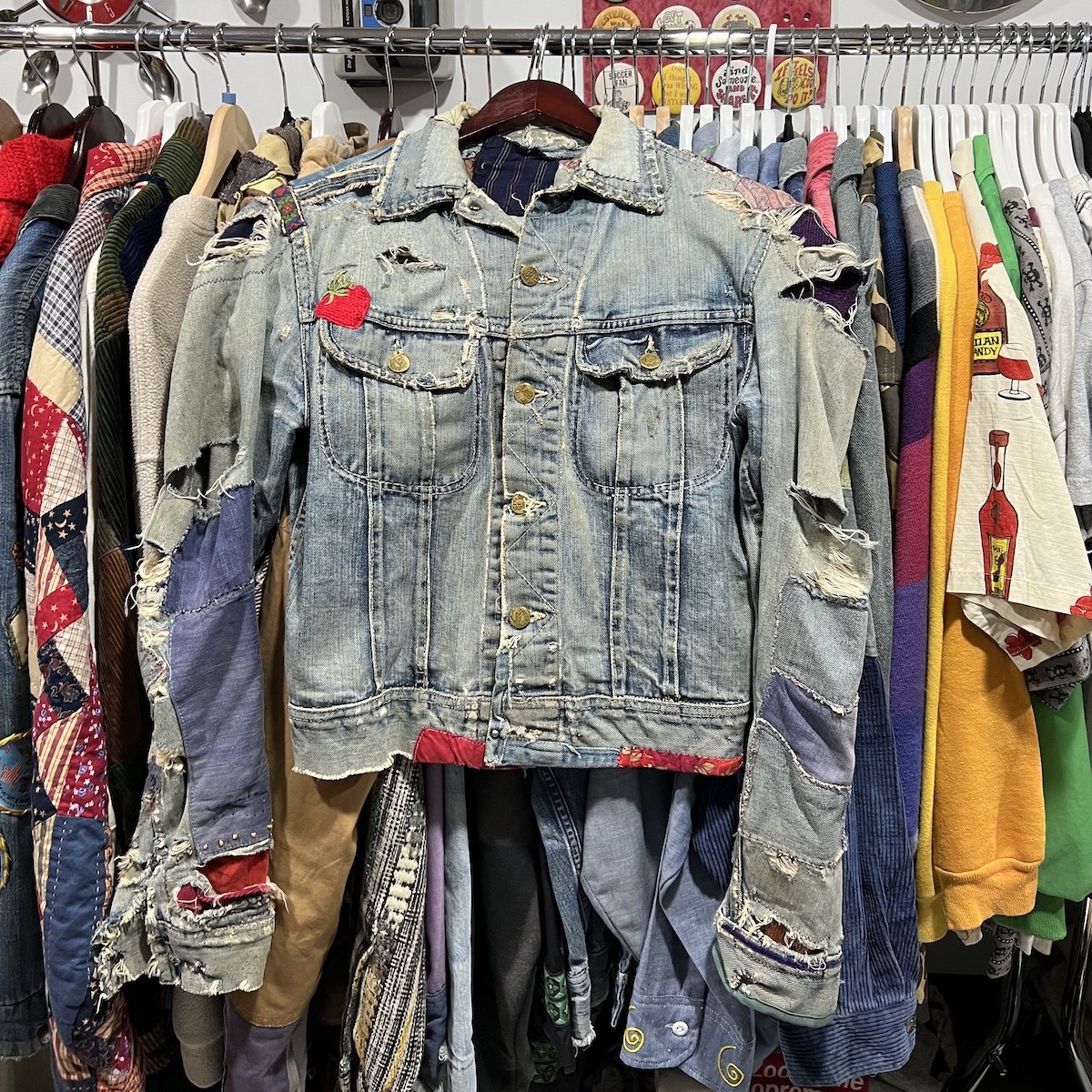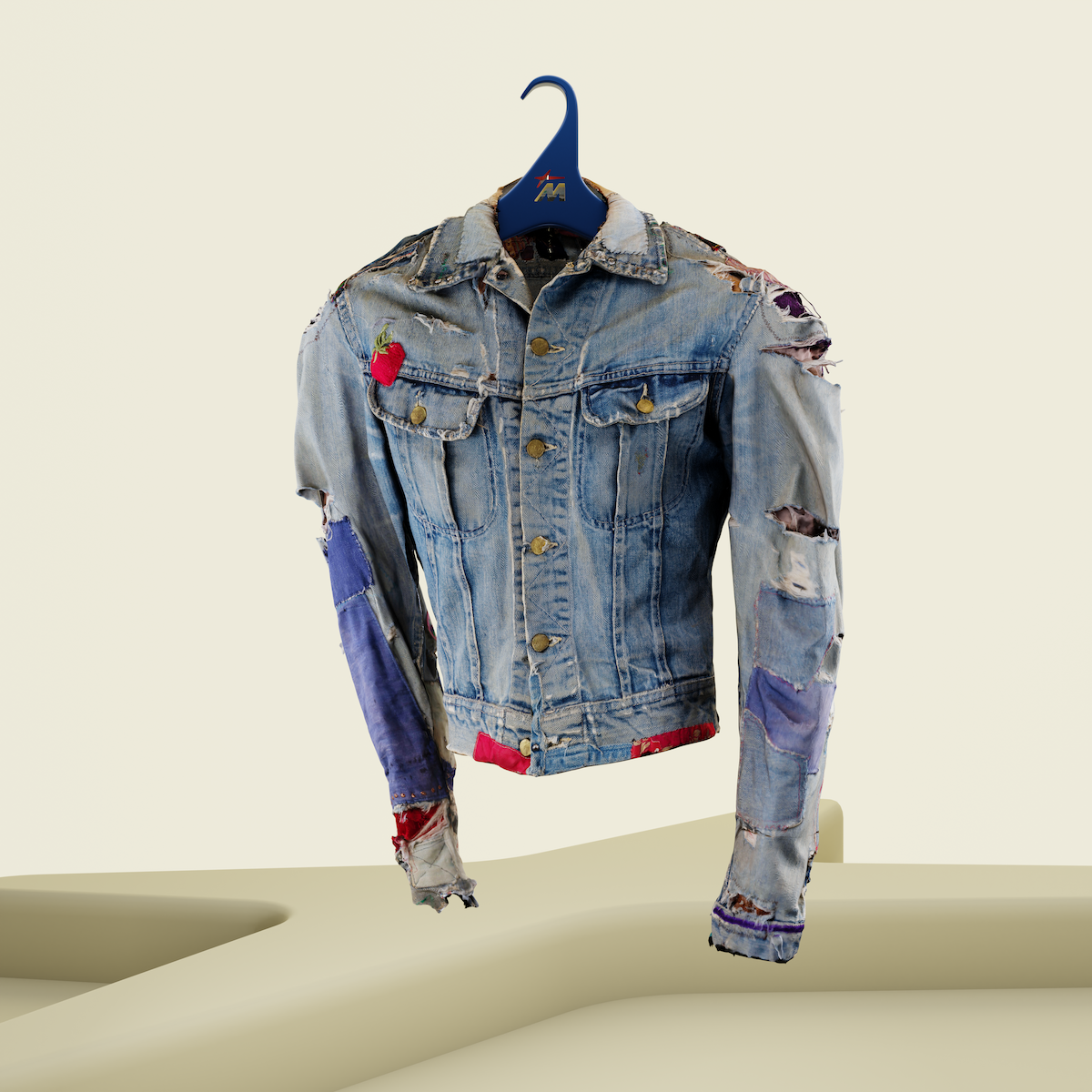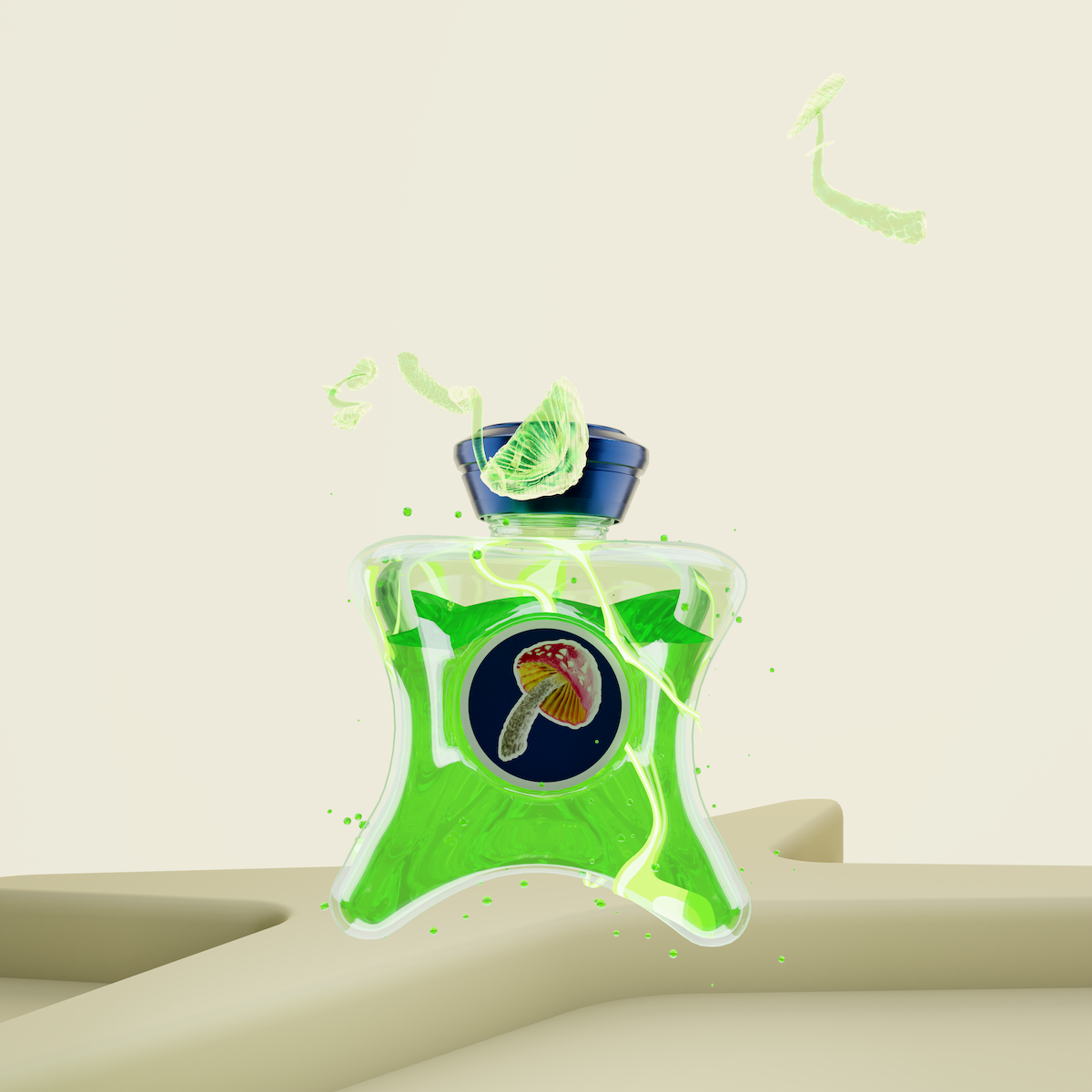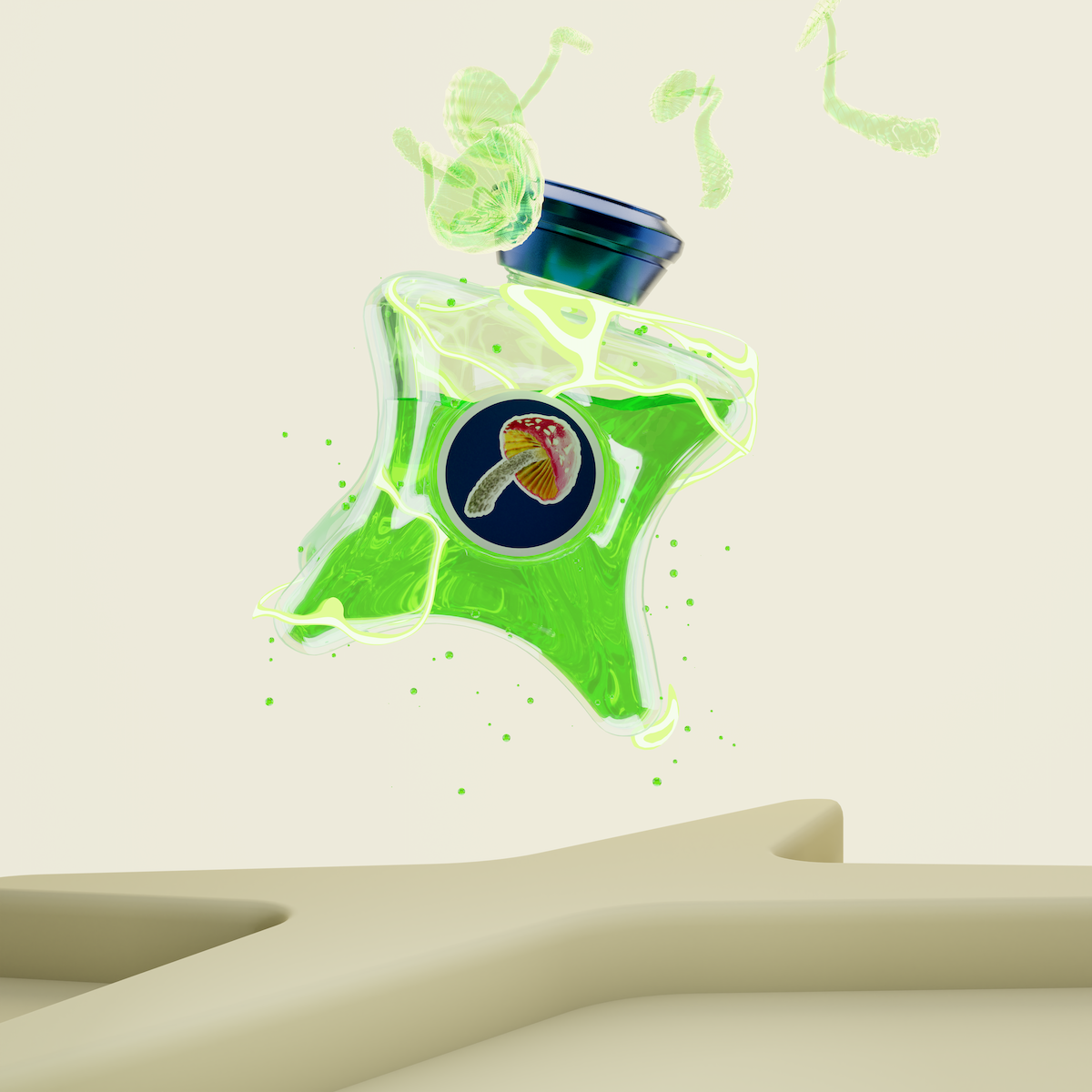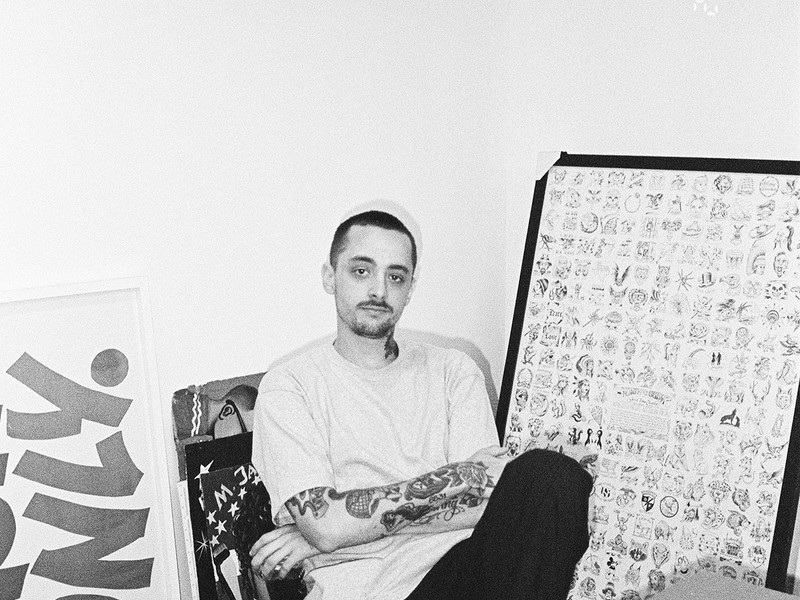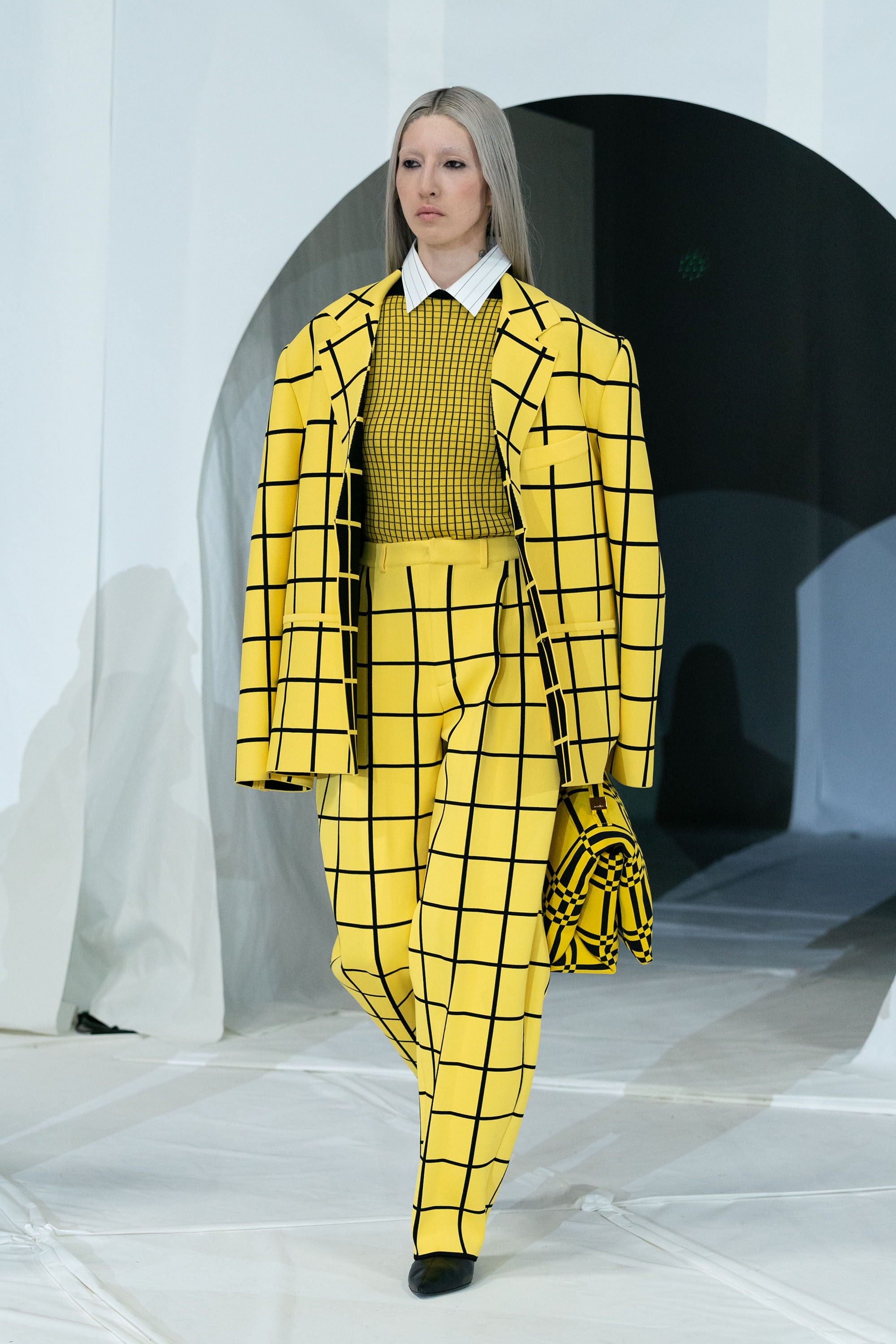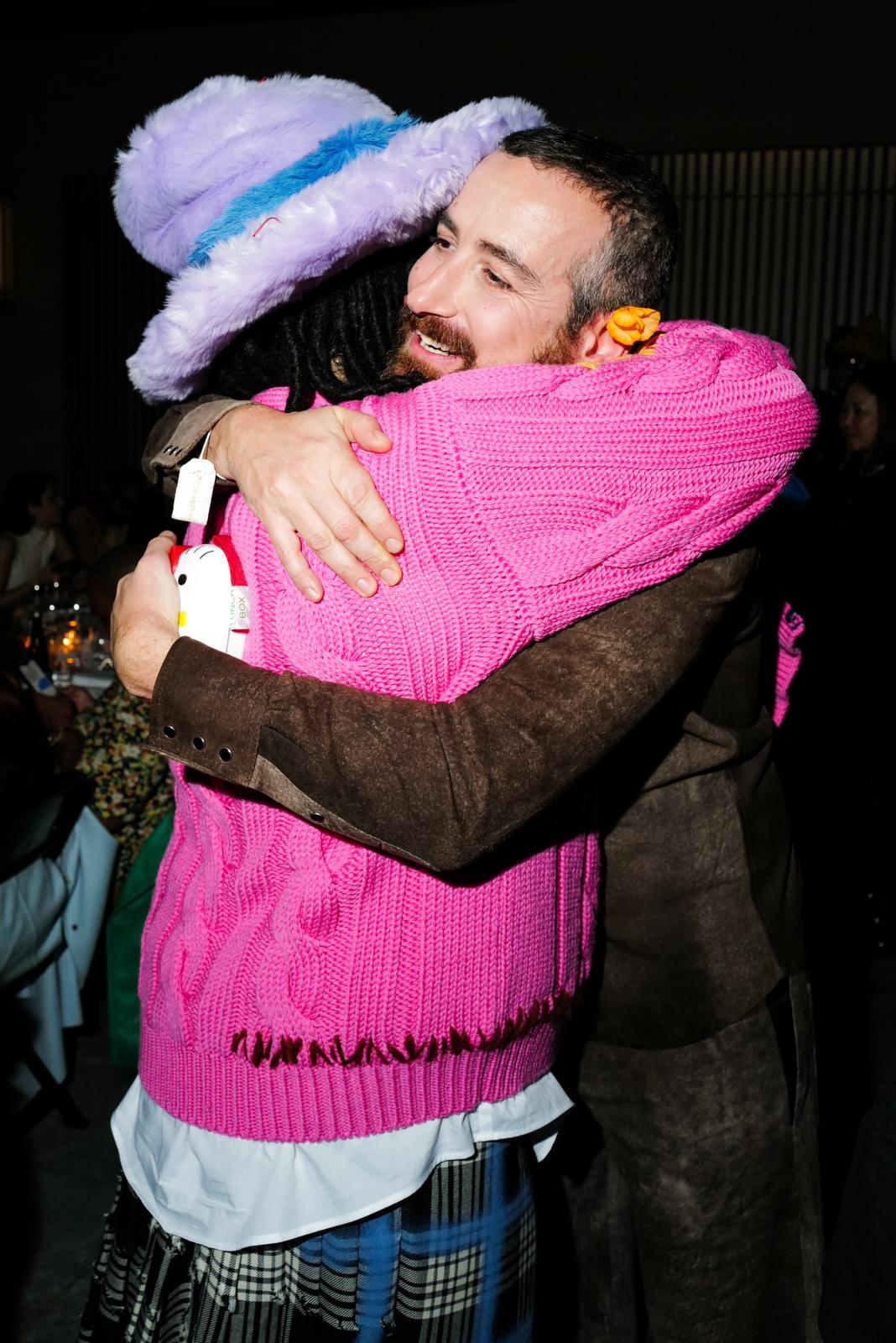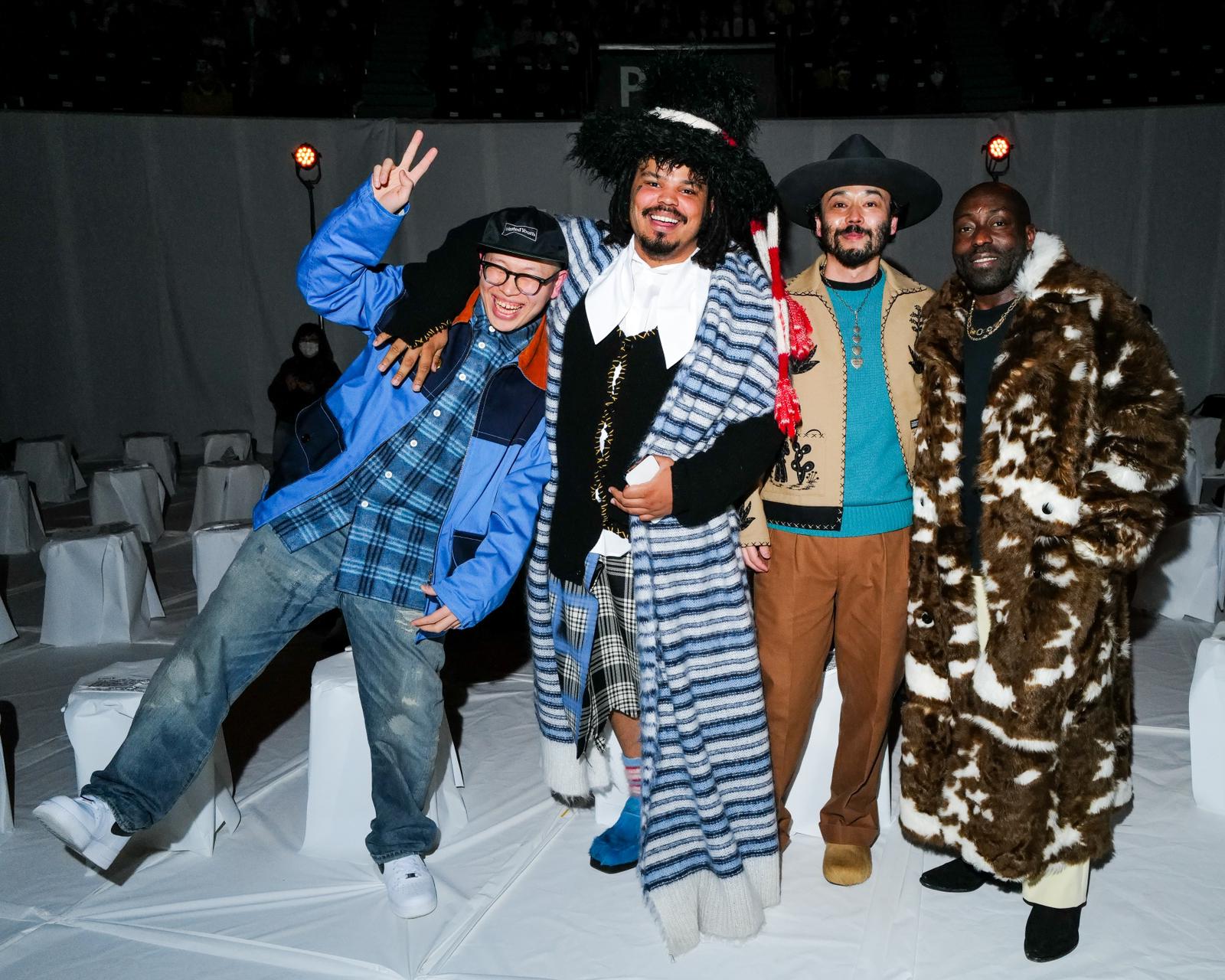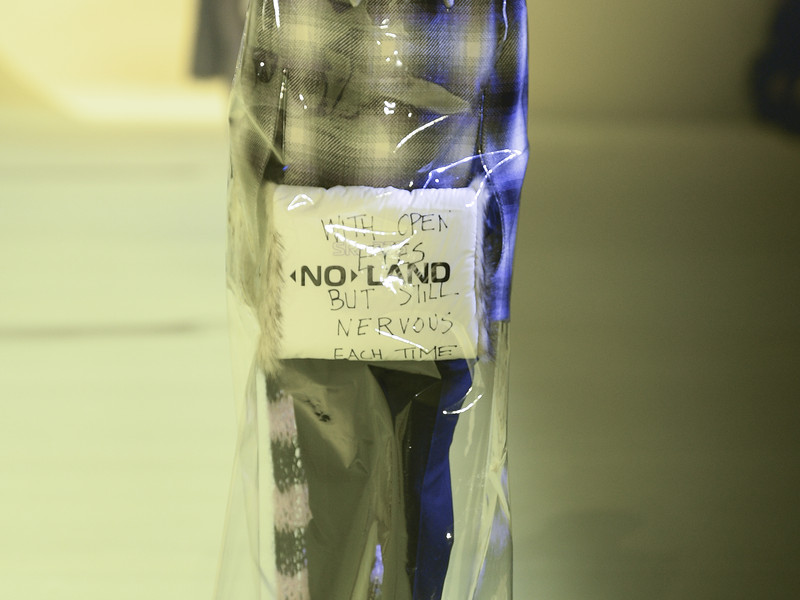Did you ever think you'd be making NFTs?
SW— 100% no. Honestly. My dad was the first person to ever talk to me about Web3 and NFTs. And I shit you not, 10 years ago, 10 years ago, he was pushing me to do a Round Two token. I just thought he was a loony. My dad's a real tech guy, always been into software development and stuff like that. And I'm like, man, this is way too high level for me. But fast forward, here we are. And I'm like, wow, if I would've taken his advice 10 years ago and maybe would've accepted some Bitcoin at the store, damn. But yeah. No, I never thought I would. I guess I didn't think that the digital world would play such a big part in our physical, butt that's just continuing to come together, and I'm into it.
BR— One thing is that we're looking at the underlying tech behind it, showing ownership and allowing it to potentially go into different places. If you own this digitally, then where else digitally can this show up? How does it work to go across different spaces? Looking at the backend tech has been super important to us on this project, as to how we can utilize it and provide utility for people. That's something that's also big with us.
SW— Agreed.
You bring up a great point, I feel like we're shifting toward this digital landscape, but a lot of people still have no idea what that means. What's one thing everyone should know about Web3?
SW— For me, what people should know about Web3, is that it’s no different than using your smart TV and choosing a streaming platform to watch. When that tech came around, we were almost offended by it. Same as we are now. Oh my gosh. We're not going to Blockbuster? We're not going to a Redbox? We're always so offended by new technology. What I would tell people is that it's no different. Look at this like you're just signing into your Apple TV or something like that. It's not that crazy.
BR— There’s always hesitation on something new. But anything that lives in the physical world you also see pop up more and more in the digital world. Right now there’s just an overall lack of hardware where we are. When the hardware starts to catch up with the software, you're going to see something magical happen there. As we all talk about this day in, and day out, it kind of feels like we're in this pre-iPhone/iPod era where the tech, it's emerging, but we're going to need some hardware adoption as well to help bring this thing along.
SW— For sure. There's a lot of dreaming going on right now. That's how I know that we're at the front of something big. Every conversation I'm in, everyone's thinking so outside the box. There are so many questions unanswered going forward into Web3 that this is guaranteed to be a huge part of our life. It just makes sense at this point.
Have you seen Space Jam 2?
SW— Unfortunately.
Yeah. It was awful. But whenever I think of Metaverse, I think of them going into the game. That idea was cool.
SW— Even the original one where Michael Jordan goes into the hole. Up until Space Jam 2, I was the biggest Space Jam fan in the entire world because when I was younger, I truly believed, not because I was an idiot but because I was a kid and kids like to imagine, that there was an opportunity to go deep enough into the earth that I would end up in a cartoon land. And the belief of that was probably the coolest shit you could ever dream of. And then Space Jam 2 completely just... I don't know.
No, it killed it.
SW— Yeah, it killed it. But that's the thing with Web3. I feel that same excitement, actually.
Are there ever any obstacles to transferring real-life objects to digital counterparts?
BR— Oh Yeah…
SW— Okay… I'm on the easy side of it. I'm just like, oh, let's do this and that. And then I walk away. Brennan, his life has been absolutely fucking treacherous with this stuff. It's just terrible. It's been horrible. Right? It's been horrible.
BR— No. It's fun. It's problem-solving at the highest degree. And when you're trying to do something new, actually really fun. When you're in this more corporate structure, a lot of people are like, oh, don't tell them what we're working on or don't tell them what we're working on. Everybody in Web3 is working on stuff together, and everybody is trying to solve and blaze the trail. It's eye-opening when it's like, hey, you're working on this very difficult thing, and we're also working on this very difficult thing. And people share the info. And other people that are in this digital fashion space, we're all blazing this trail together, and people are doing their own unique things. The problem is, a lot of times it's relatively easy if you're asking an artist to hand draw something digitally, and then the output is also that garment digitally. It all works. But what we're doing, which is so difficult, is we're taking something that physically exists, we're scanning that in and then we're running that through the digital pipeline of how an artist will get it to animate. Sometimes they come in too flat, and you're like, well, that looks like a piece of paper. But it needs to be a pair of jeans, so you need to add more volume and all of those things. Each one is a tough decision, and if something spins on a hangar, how do you get it to react where the wind works the right way? All of those things have to be invented from the ground up. There isn't an industry standard, so literally, each touchpoint of the garment has been something we've thought through. And it is a very difficult task, but we now feel really confident about it as we've gotten this first collection done. We're proud of it. And we also like the foundation that we're building on.
SW— Our attention to detail goes that deep. This would've been a lot easier without me because I want every single string of cotton to be represented. I shit you not. We go through a review, and I'm comparing the real one to the digital. And I'm counting these microscopic threads to make sure that it's exactly perfect. I've never had the opportunity to be that detail-oriented, so it's also exciting to know that as far as we want to take it can be done. We didn't take the easy route.



